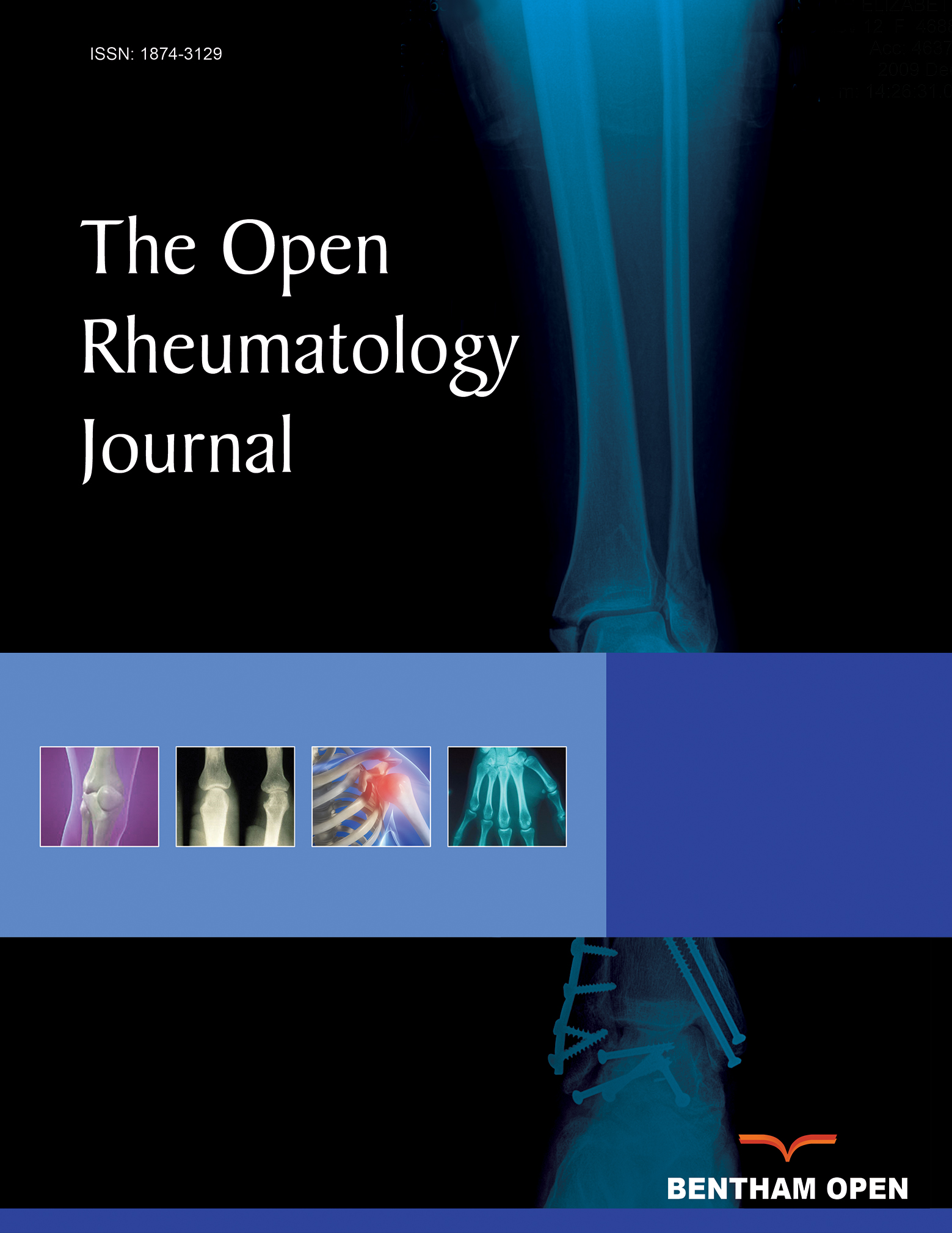All published articles of this journal are available on ScienceDirect.
Monitoring Complete Blood Counts and Haemoglobin Levels in Osteoarthritis Patients: Results from a European Survey Investigating Primary Care Physician Behaviours and Understanding
Abstract
Background:
Chronic use of non-steroidal anti-inflammatory drugs (NSAIDs) is associated with an increased risk of gastrointestinal (GI) toxicity, including occult blood loss and the development of clinically significant anaemia.
Methods:
700 primary care physicians who routinely used NSAIDs to manage their patients were questioned to probe their understanding of the potential importance of blood loss in the OA populations they commonly treated with NSAIDs in a chronic fashion.
Results:
Approximately 50% of doctors surveyed measured their osteoarthritis patients’ haemoglobin routinely as part of a complete blood count (CBC). The remaining cohort of physicians only considered conducting CBCs if they believed there was cause for concern, with the most common reasons cited being anaemia/blood loss (90/80% of physicians respectively) or the patient showing signs of weakness and fatigue (78% of physicians). When all doctors were queried on their understanding of normal range of haemoglobin (Hb) values, as defined by the WHO, significant variation in the absolute figures were reported with approximately 40% of physicians citing a low end range for normal that would actually place the patient below the threshold for anaemia.
Conclusion:
Physician practice in relation to carrying out blood tests in OA patients and their understanding of the potential significance of specific results obtained, namely haemoglobin values, varies substantially across the countries surveyed. As NSAIDs form a pivotal part in the chronic treatment of osteoarthritis and are well recognised agents that can precipitate blood loss, guidelines may be needed to advise physicians as to when monitoring a patient’s haemoglobin levels may be appropriate.


